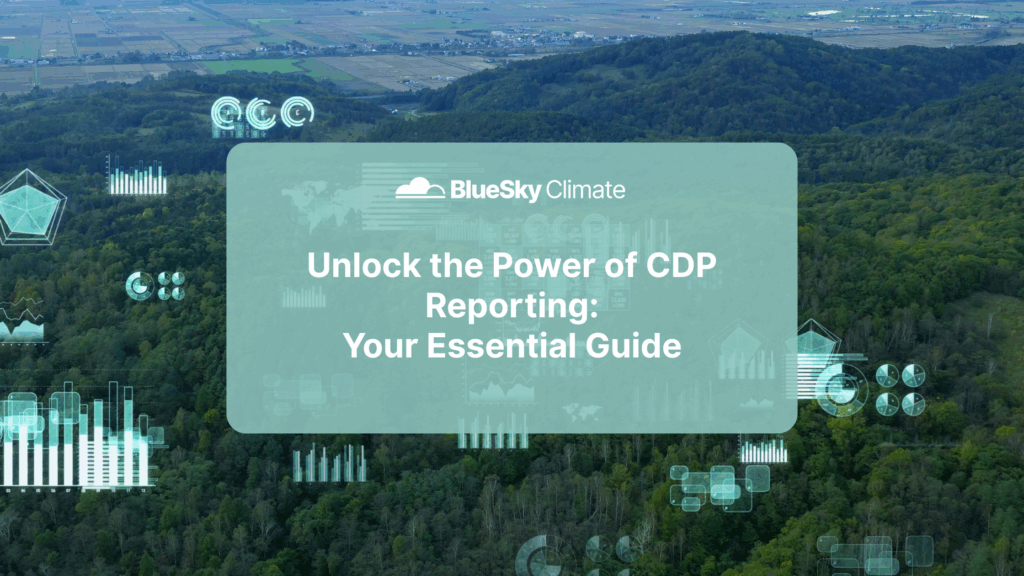CDP, formally known as The Carbon Disclosure Project, is a globally recognized initiative aimed at increasing transparency around corporate environmental performance. It focuses on climate change, water security, and forest management, and is rapidly becoming a critical part of how companies demonstrate accountability to stakeholders.
Who Needs to Report?
Organizations are typically prompted to disclose through CDP by investors, customers, or supply chain partners. In recent years, CDP reporting has moved from a voluntary initiative to a de facto requirement for many businesses, particularly those seeking to remain competitive or access capital from institutional investors.
How the CDP Process Works
Each year, companies register with CDP to begin the reporting process. They collect detailed environmental data across three key areas: climate change, water, and forests. The annual CDP questionnaire redesign in 2024 now integrates forest and water metrics directly into the climate section, streamlining the disclosure process.
The questionnaire aligns closely with the TCFD framework and encourages alignment with leading standards like the GHG Protocol and IFRS sustainability standards. It covers governance, strategy, risk management, emissions data, targets, and environmental performance. The 2025 deadline for submission is September 15.
Once submitted, CDP scores each response on a scale from D- (Disclosure) to A (Leadership), assessing everything from GHG inventories and climate risk strategies to supplier engagement and water and forest management.
Why CDP Reporting Matters
Participating in CDP offers benefits far beyond regulatory alignment:
- It builds trust with investors and improves access to financing
- Strengthens relationships with customers who require CDP disclosure
- Enhances your company’s public image and brand value
- Identifies cost-saving opportunities through efficiency improvements
We Can Help You Report with Confidence
At Blue Sky Climate Reporting Services, we simplify the CDP journey with expert guidance every step of the way. From data collection to submission, we help ensure your disclosures are clear, comprehensive, and aligned with best practices—without unnecessary cost or complexity.
Contact us today to learn how Blue Sky Climate can help you unlock the full value of CDP reporting.


